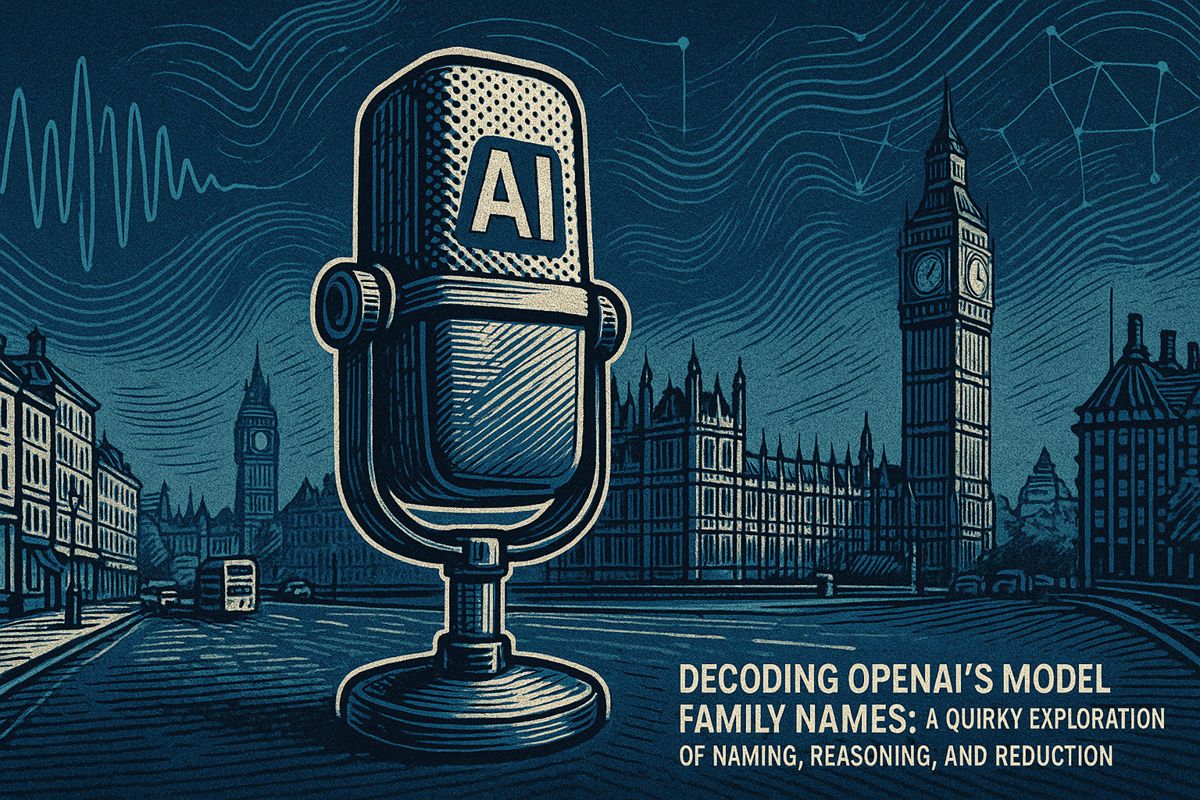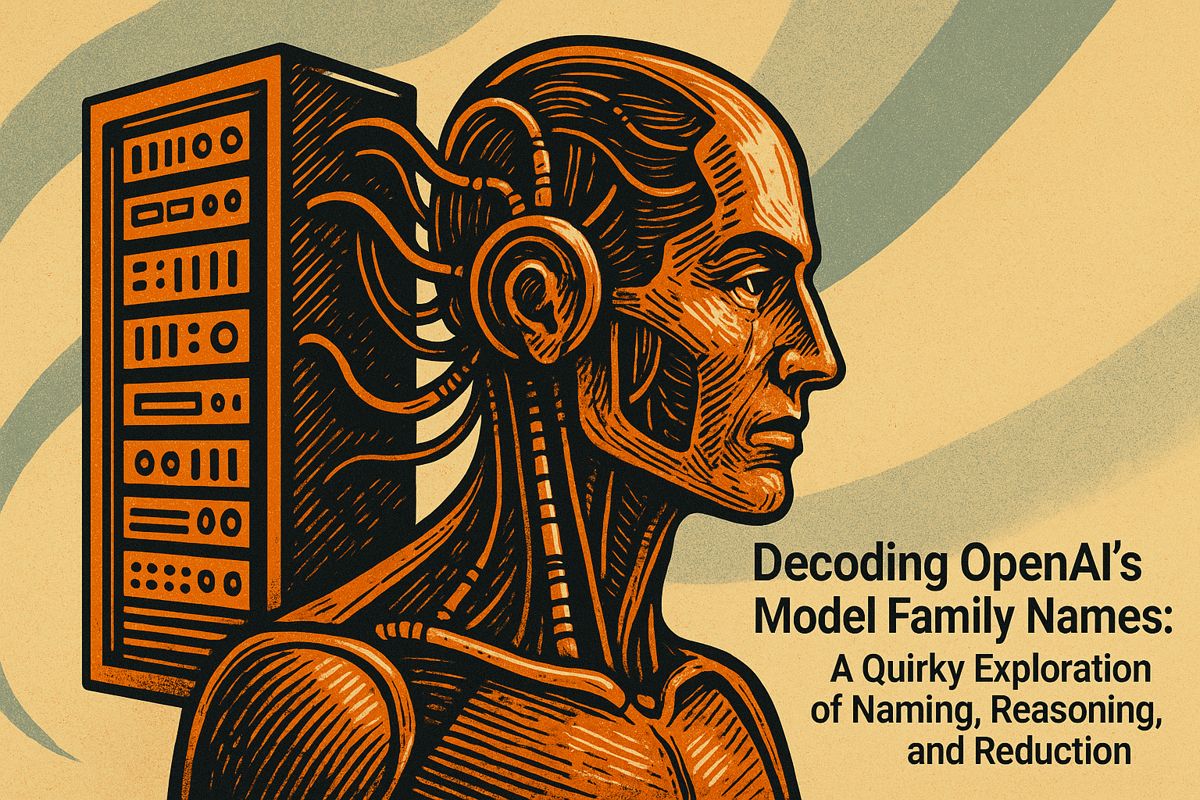Here’s the text with the most important phrase in bold markdown:
Google has unleashed a groundbreaking AI-powered search feature using Gemini 2.5 that transforms text into conversational audio summaries, making information more accessible and engaging. The technology creates podcast-style audio experiences that sound remarkably human, offering hands-free search results with natural-sounding voices and nuanced context. This innovation particularly benefits users with visual impairments or those multitasking, providing a liberating way to consume information that feels both futuristic and intimate. The feature represents a significant leap in how we interact with digital information, blending technology’s precision with human-like conversational warmth. As AI continues to evolve, this tool hints at a future where accessing knowledge becomes as easy and natural as chatting with a knowledgeable friend.
What is Google’s New AI-Powered Audio Search Feature?
Google has introduced an innovative AI-powered search feature that generates podcast-style audio summaries using Gemini 2.5, transforming text-based search results into conversational, accessible audio experiences. The feature provides hands-free, context-rich information retrieval that sounds natural and engaging for users with diverse accessibility needs.
Nostalgia and the New Sound of Search
I came across a headline the other day that made me do a double-take: “Google debuts AI-powered podcast-style audio search summaries.” The phrase alone crackled with electricity, instantly transporting me back to Thai commutes spent sweating through rush hour, clutching a battered cassette Walkman and listening to audiobooks that sounded a bit like someone reading underwater. Remember those days? I do – vividly, with a whiff of hot diesel and that dry-mouthed anticipation of a story about to unfold. There’s something oddly comforting in that memory, as if the world wasn’t so complicated.
But there’s no tape deck here. Google’s not just reading text aloud; it’s synthesizing whole conversations – voices that swirl and banter, conjured up from the ether. It’s as if your old cassette player learned to improvise, to weave in jokes and arguments. The first time I heard the feature, my brain did a double-take. Was that a machine or a particularly chipper radio host? It felt uncannily real. A shiver ran up my spine – not fear, just surprise, sharp as a cold wind.
And then, inevitably, I thought about Paul. Paul’s been visually impaired since childhood, and he’d once told me, with a sly grin, that he’d “read” more books than anyone else at the table, thanks to audiobooks and screen readers. But piecing together workarounds was always a hassle: digital formats, janky voices, and endless delays. He’d have a field day with Google’s new tool – or maybe he already is.
Under the Hood: Gemini 2.5 and the Search Symphony
Let’s wade into the technical thicket for a moment, shall we? Google’s deployed Gemini 2.5, its latest and rather formidable language model. This isn’t your garden-variety chatbot: we’re talking about a neural network that can juggle subtopics, analyze context, and plan dialog turns like a chess grandmaster. To be specific, it doesn’t just fetch the top search result; it “fans out,” glancing across multiple sources like a librarian with twenty arms, then knits everything into a conversation that sounds like a podcast panel—one where nobody ever coughs or forgets a name.
Access is simple: a new AI Mode tab right inside Google Search, currently rolling out and morphing as feedback pours in. The result isn’t just hands-free; it’s minds-on. I tried it while chopping onions. The sizzle of the frying pan mixed with the AI’s smooth tones in my ears – somehow, the information felt more alive, more textured. Is that strange, or just the future?
There’s a kind of alchemy at play here: the model isn’t parroting, it’s synthesizing. Think of it as a chef, blending flavors from hundreds of recipes to create a single, balanced dish. I used to believe nothing could beat a well-written article for nuance, but I’ve learned otherwise—these AI voices are, disturbingly, quite convincing. Sometimes too much so.
Accessibility, Opportunity, and a Few Existential Twitches
Let’s not ignore the heart of the matter: accessibility. For users with dyslexia, visual impairments, or simply those of us juggling life while trying to keep up with news from The Verge or TechCrunch, Google’s move is seismic. Audio search isn’t a gimmick; it’s a liberation. For Paul and millions like him, it’s a door thrown open. I confess, I underestimated this at first – a rookie mistake. But the numbers (Google claims increased click-throughs from AI summaries) and the anecdotes from early adopters speak for themselves.
Oddly, the sensation of “listening with machines” tickles both fascination and unease. What does it mean when AI can convincingly imitate human discourse, right down to an awkward pause or a gentle laugh? Are we being informed, or are we being serenaded by algorithms? The lines blur like fogged glasses. Do you ever get that uncanny feeling?
Meanwhile, publishers are holding their collective breaths. Will AI-generated overviews cannibalize web traffic, or actually drive it? Thus far, Google insists the latter is true. Curiosity, it seems, will always drag us deeper – even if the guide is silicon, not carbon.
The New Normal: Conversation, Competition, and a Whisper of Doubt
But let’s zoom out. This wave isn’t unique to Google. OpenAI’s research agent is crowding into the spotlight, promising even richer multimodal experiences – images, voices, dialogue that ripples with context. The old, silent search box is evolving into a chatty dinner guest, opinionated and occasionally (let’s admit) a tad smug. The air feels thick with possibility.
Will this proliferation of synthetic audio muddy the waters of trust? Maybe – trust is a fragile thing, after all, like spun sugar. Still, the benefits are tangible: knowledge in your ear, whenever and wherever you want it. My hands might be covered in dish soap, but my mind is full of facts.
I’ll stop short of predicting utopia. The future’s talking, and sometimes, it interrupts. But if I’m honest, I rather like the sound of it.
Oops, almost forgot – did I mention the onions? My eyes are still watering.



















